AP Lit Poetry Terms
1/68
Earn XP
Description and Tags
Here are all the terms you need to know for the AP exam and upcoming poetry exam. You got this!
Name | Mastery | Learn | Test | Matching | Spaced | Call with Kai |
|---|
No analytics yet
Send a link to your students to track their progress
69 Terms
Apostrophe
When the speaker addresses an absent person, object, idea, or being (much like an actual apostrophe!)
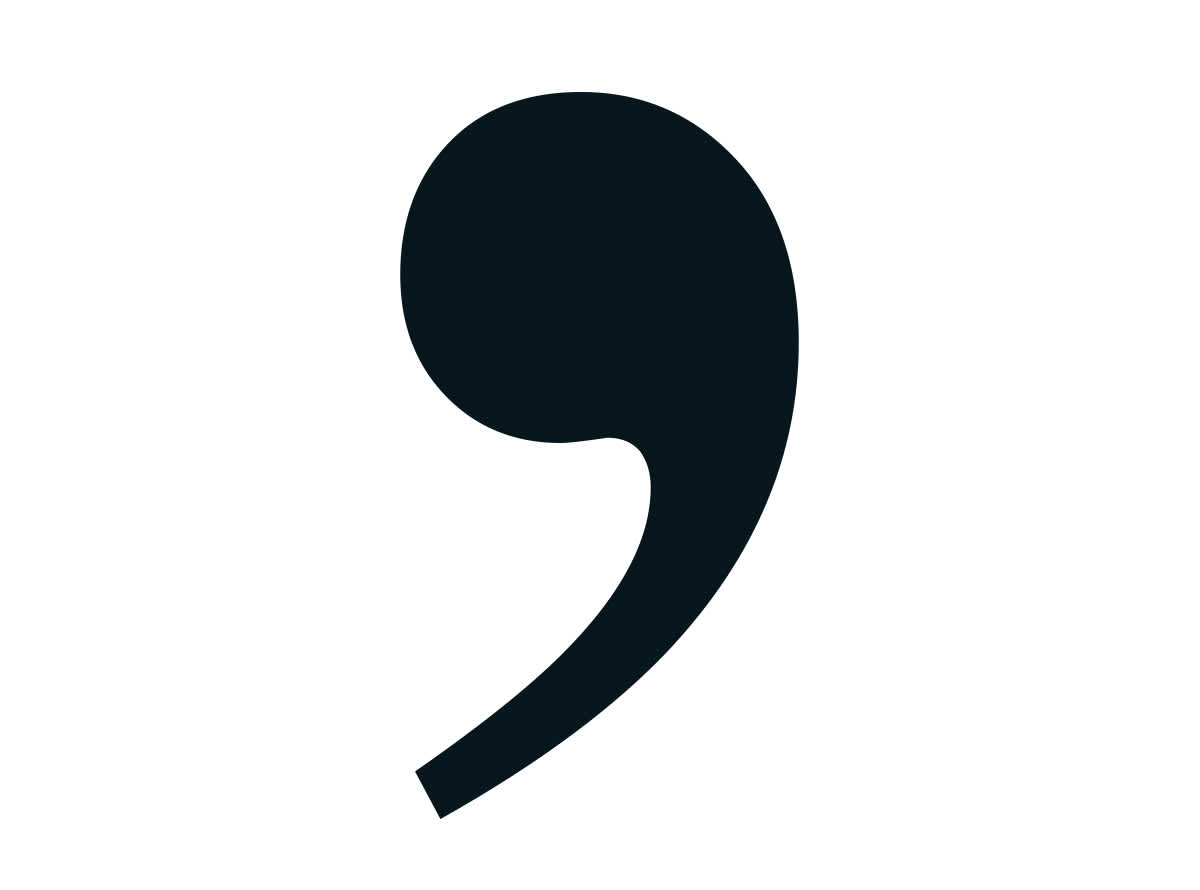
Assonance
Repetition of vowel sounds creating an internal rhyme (ex. his tEnder hEir might bEar his mEmory)
Consonance
Repetition of consonant sounds creating an internal rhyme (ex. toSS the glaSS boSS)
Alliteration
Repetition of the first letter in a series of words (ex. Polly’s Prancing Pony Performed Perfectly)
Aubade
A genre of poetry that expresses the frustration, sadness, and longing felt at dawn after leaving a partner the night before; a dawn serenade
Ballad
A poem with musical quality; most often uses ABCB or ABAB rhyme scheme
Limerick
A short, humorous verse that is often nonsensical
Blank Verse
An ordinary poem that does not rhyme
Free Verse
A poem with a consistent rhyme scheme/identifiable pattern
Caesura
A break or pause in a line of a poem that marks the end of a phrase and the beginning of another
Volta
The turning point of a poem in context of the overall message/deeper meaning
Metaphysical Conceit
An unconventional, logically complex, or surprising metaphor serving more intellectual purpose rather than sensual purpose
Didactic Poetry
Poems that contain a clear moral message or purpose to convey to readers to provide knowledge
End-Stopped
A line that ends with a grammatical break- such as a dash, parenthesis, colon, etc. (isn’t only a period! the picture was just an example to help you remember)
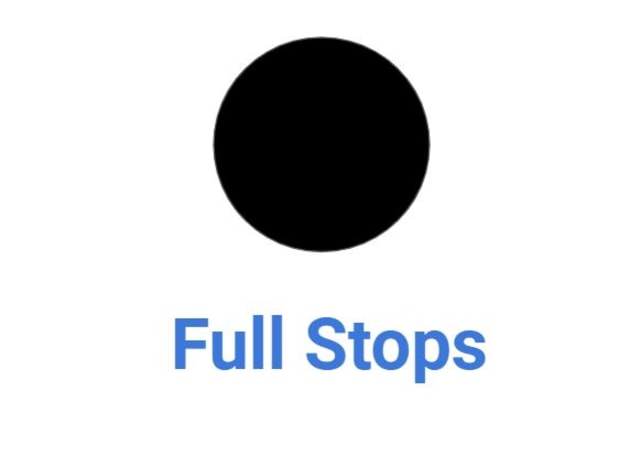
Enjambment
Running over of one phrase to the next with lack of grammatical break
Foot
Basic unit of measurement for syllables in poetry
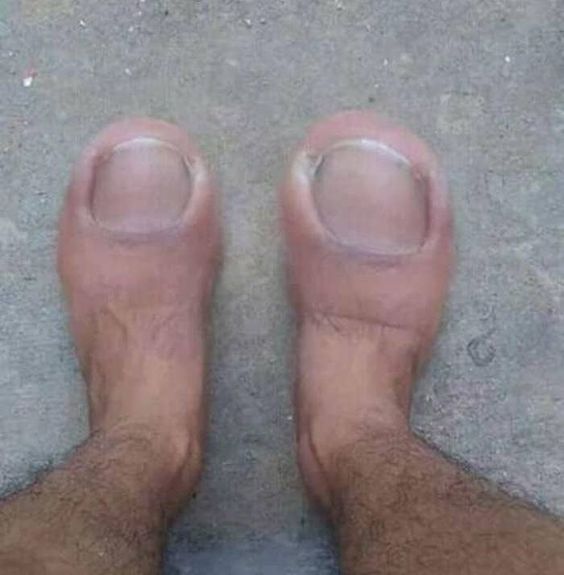
Anapest
Poetic rhythmic pattern- two unstressed syllables followed by one stressed syllable (say it like this: AN😡- UH😡- pest🙂)
Dactyl
Poetic rhythmic pattern- one stressed syllable followed by two unstressed syllables (say it like this: DA😡- ct🙂- tyl🙂)
Iamb
Poetic rhythmic pattern- one unstressed syllable followed by one stressed syllable. (NOTE: This word starts with an i, its not lamb like the sheep) (say it like this: ia🙂- MB😡😡😡😡)
Spondee
Two syllable poetic rhythmic pattern where two syllables are stressed (say it like this: SPON😡- DEE😡) (i hope these “say it like this”s are actually helpful and not annoying
Trochee
Two syllable poetic rhythmic pattern where one stressed syllable is followed by an unstressed one (say it like this TRO😡- chee🙂)
Hyperbole
Poems that use extreme exaggeration for the sake of comedic relief
Litotes
An understatement used for effect; opposite of hyperbole
Understatment
Figure of speech that reduces something’s importance and makes it seem less serious than it actually is; this is usually used for sake of contrast to ironically emphasize something’s importance
Meter
The rhythm (or patterns of beats) in poetry
Monometer
A metrical line of verse with a single (feet? foot?)

Dimeter
A metrical line of verse with two feet
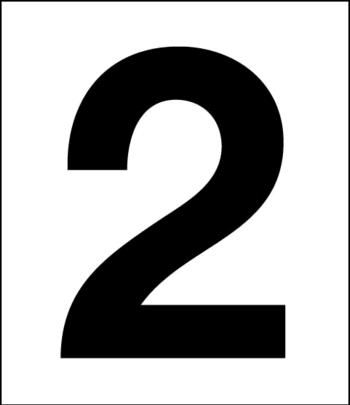
Trimeter
A metrical line of verse with three feet
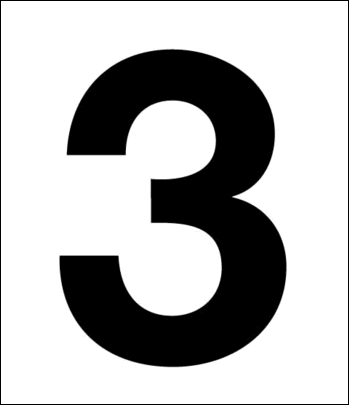
Tetrameter
A metrical line of verse with four feet
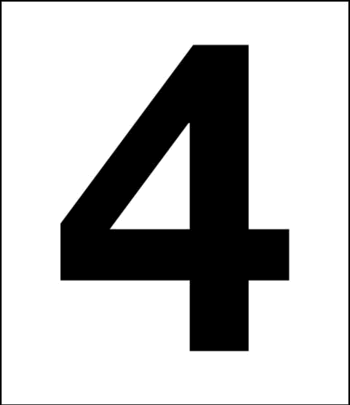
Pentameter
A metrical line of verse with five feet
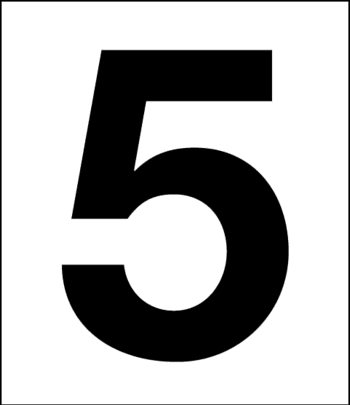
Hexameter
A metrical line of verse with six feet
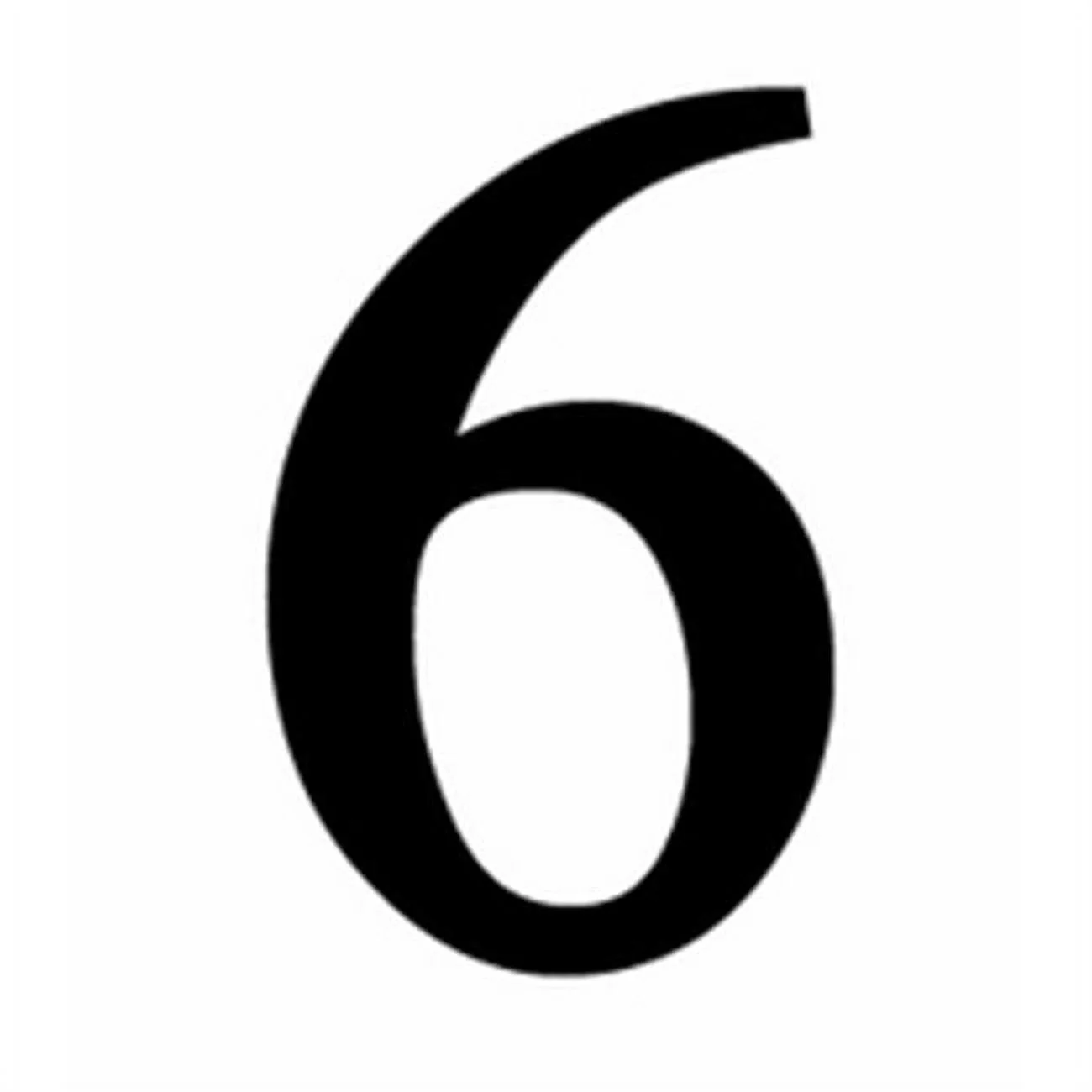
Heptameter
A metrical line of verse with seven feet
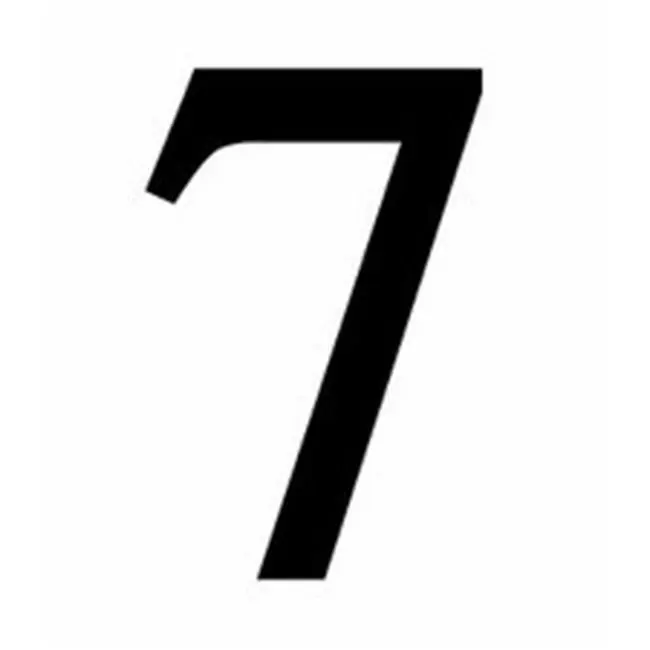
Octometer
A metrical line of verse with eight feet
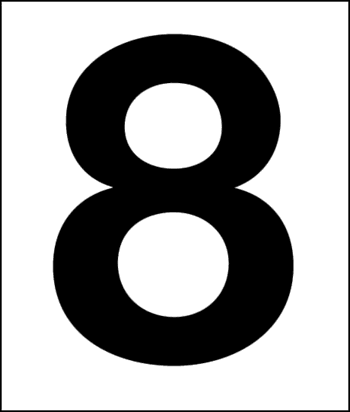
Metonymy
A form of figurative language where a word is replaced by something very close to its original meaning (ex. “I’ll lend you a hand!”- “Hand” is used as a metonymy for assistance)
Synedoche
A figure of speech where a part of something stands for the whole (ex. “Mouths to feed”- “mouths” are only a part of the hungry group which needs to be fed)
Onomatopoeia
Sound effects in a poem (ex. Boom! Pow!)
Oxymoron
A figure of speech that combines contradictory words with opposing meanings (ex. Deafening Silence, Alone Together- see how the two words work together but mean completely different things?)
Paradox
A literary device that appears to contradict itself but contains some truth, theme, or humor (ex. Less is more, the only rule is that there are no rules)
Phonetic Intensives
A word whose sound, by an obscure degree, suggests its meaning (“fl-” implies moving light: flicker, flame, flare, flash)
Cacophony
The use of harsh, unpleasant sound, or mixture of discordant sounds
Euphony
The use of pleasant, agreeable sounds; most sound devices and rhymes may produce a euphonic effect
Couplet
A pair of successive lines that rhyme and have the same meter (ex. (1) Double, double, toil and trouble (2) Fire burn and cauldron bubble)
Quatrain
A type of stanza or complete poem that consists of four lines
Refrain
A repeated word, line, or group of lines that appear at the end of a stanza
Seset
A six-line stanza of poetry
Octave
An eight-line stanza of poetry
Rhythm
The recurrence of specific sounds based on long and short patterns of stressed and unstressed syllables
Rhyme
The repetition of syllables, typically at the end of a verse line (I hope this flashcard is a skip for you guys, you should know what a rhyme is…. right..?)
Rhyme Scheme
A pattern of rhymes at the end of each line of a poem
Slant Rhyme
A type of rhyme with words that have similar, but not identical, sounds. (ex. “worm” and “swarm” they rhyme but not quite)
Feminine Rhyme
A rhyme that contains a stressed syllable followed by one or more unstressed syllables (FEM- in- ine.. okay you get the point)
Masculine Rhyme
A monosyllabic rhyme; and rhyme that occurs only in stressed final syllables (ex. “lAKE” and “fAKE”)
End Rhyme
When the last syllables within a verse rhyme
Internal Rhyme
Rhyme that occurs within a single line of a verse, or between internal phrases across multiple lines
Scansion
(or scanning) Is the method of breaking up the lines of a poem into metrical feet in order to identify stressed and unstressed syllables
Ictus
A stressed syllable; denoted with a slash as seen in that image

Breve
A curved mark (˘) used to indicate a short vowel or a short/unstressed syllable as seen in the image

Stress/Accent
Refers to the prominence of a sound, usually a vowel
Sestina
A fixed verse consisting of six stanzas of six lines each
Elgy
A poem of serious reflection, usually in lament of the dead
Sonnet
A 14 line poem, each line with 10 syllables, these poems will have a rhyme scheme
Shakespearean
This really did not need to be a whole vocab term.. literally any poem written by Shakespeare
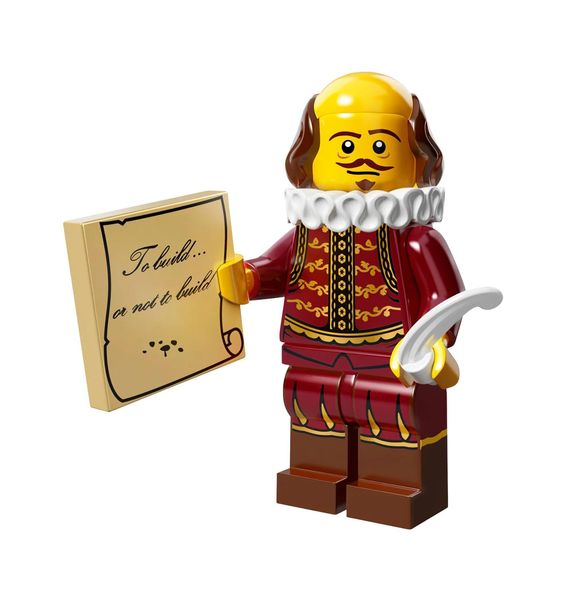
Italian/Petrarchan Sonnet
A sonnet consisting of an ABBA ABBA rhyme scheme and a sestet with any rhyme scheme (i also thought this was just going to be “sonnet by Petrarch” but ig he’s special)
Spensarian
A sonnet where the rhyme scheme is abab, bcbc, cdcd, ee.
Terza Rima
A verse form composed of iambic tercets (three-line groupings)
Villanelle
A 19-lined poem split into 5 tercets (15 lines) and 1 quatrain (4 lines)
Cataloging
A collection of people, objects, ideas, and other elements in list form in a poem
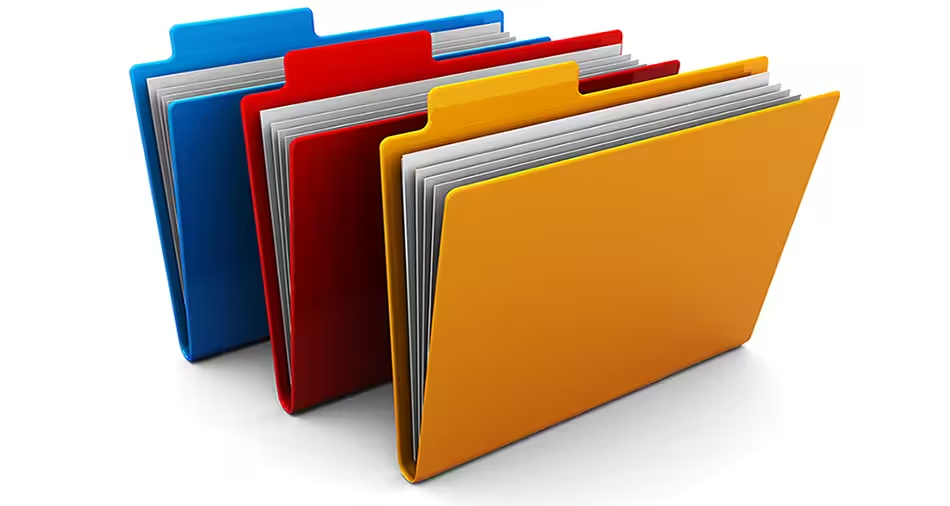
Kenning
Describing something in a poem without actually naming it (95-numbered, race-winner, piston-cup-holder)
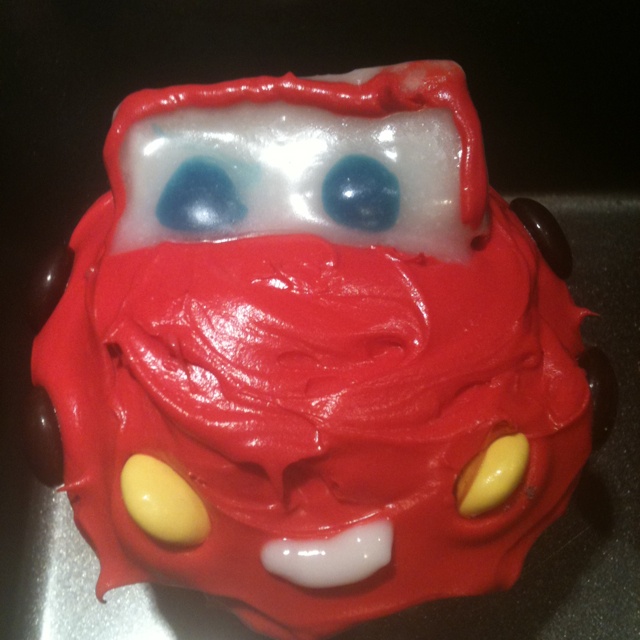
Anthropomorphism
A figure of speech where human qualities are given to anything inhuman
(note: NOT. PERSONIFICATION. personification is not literal where this one is. “The lights winked” THE LIGHTS DID NOT ACTUALLY WINK thats personification. If it was anthropomorphism, the lights would be literally given eyes to be able to wink)